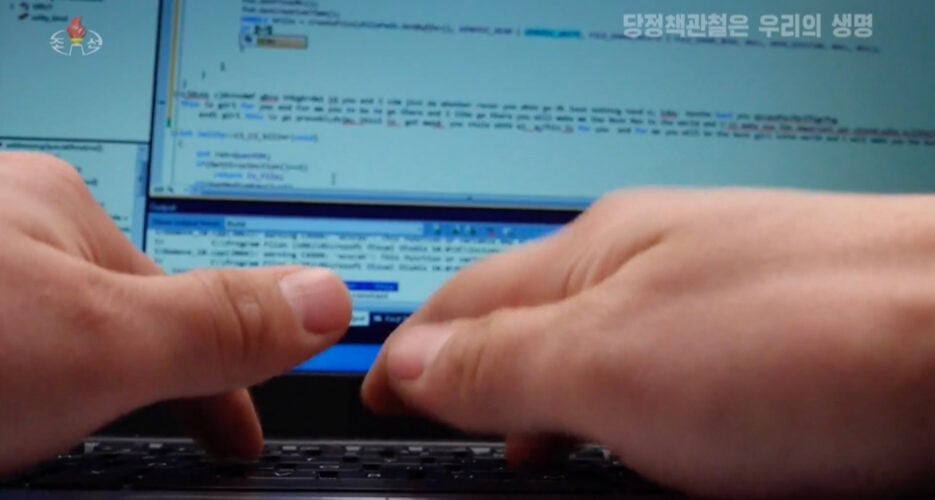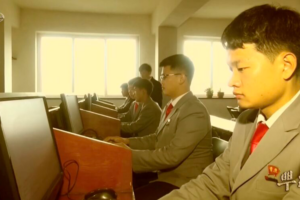There is always the danger of reproducing orientalist views when discussing a country like North Korea. We like to think there’s something special going on there, that a cloud of mystique surrounds an enigmatic Confucian state with secrets and mysteries unknown to the western world.
Such an approach often fails to acknowledge the actual reality of the situation. We then ignore just how similar certain experiences in Pyongyang can be to ours. Geoff White’s “The Lazarus Heist” — the book version of the BBC podcast of the same name — avoids such pitfalls and brings North Korea kicking and screaming into the 21st century, replacing the opaque Cholima-laden symbols of propaganda with digital crimes, information security problems and cyberwarfare.
There is always the danger of reproducing orientalist views when discussing a country like North Korea. We like to think there’s something special going on there, that a cloud of mystique surrounds an enigmatic Confucian state with secrets and mysteries unknown to the western world.
Such an approach often fails to acknowledge the actual reality of the situation. We then ignore just how similar certain experiences in Pyongyang can be to ours. Geoff White’s “The Lazarus Heist” — the book version of the BBC podcast of the same name — avoids such pitfalls and brings North Korea kicking and screaming into the 21st century, replacing the opaque Cholima-laden symbols of propaganda with digital crimes, information security problems and cyberwarfare.
Become a member for less than $4 per week.
Unlimited access to all of NK News: reporting, investigations, analysis
The NK News Daily Update, an email newsletter to keep you in the loop
Searchable archive of all content, photo galleries, special columns
Contact NK News reporters with tips or requests for reporting
Get unlimited access to all NK News content, including original reporting, investigations, and analyses by our team of DPRK experts.
Subscribe now
All major cards accepted. No commitments – you can cancel any time.










